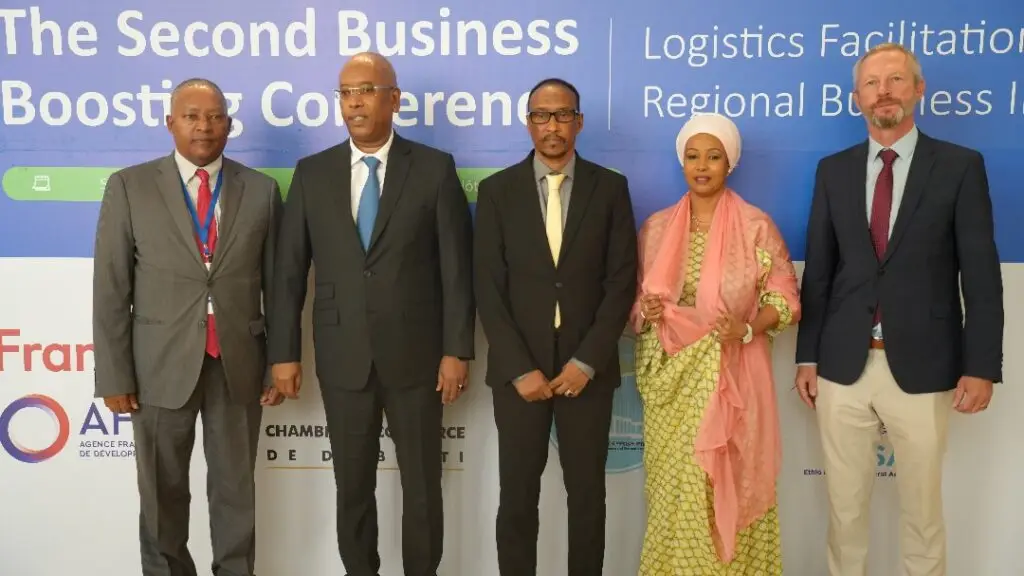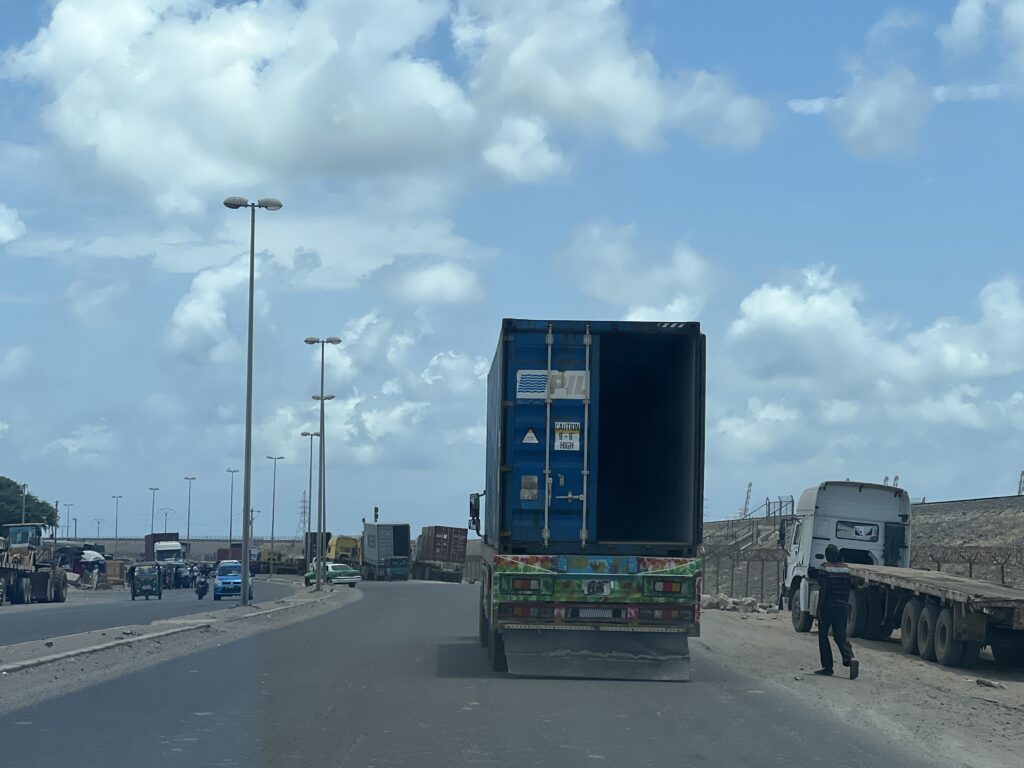Djibouti, Republic of Djibouti, 29 September 2025 – The Chambers of Commerce of Djibouti and Ethiopia have announced the launch of a regional initiative aimed specifically to improve trade facilitation and logistical efficiency on the Djibouti-Ethiopia corridor. At the second Djibouti-Ethiopia B2B Business Forum in Djibouti, representatives from the public and private sectors of both countries agreed on joint measures to enhance the efficiency of the corridor linking Djibouti to Ethiopia, in order to reduce cross-border transaction costs and develop new trade and investment opportunities. The forum, which runs for two days until 30 September 2025, aims to transform strategic dialogue into concrete reforms in order to accelerate trade and strengthen economic integration.
This meeting follows on from a previous forum held in Addis Ababa last January. It demonstrates the ongoing efforts of governments and private sector companies to transform dialogue into concrete action for the benefit of service providers and end consumers.
This meeting, funded by the European Union (EU) through the French Development Agency (AFD) and organised by the Ethiopian Logistics Sectoral Association (ELSA) in partnership with TradeMark Africa (TMA), brought together more than 100 representatives from ministries, customs and port authorities, freight companies, chambers of commerce, banks and regulatory bodies. Delegates reviewed progress since the Addis Ababa forum in January, in which commitments were made to (i) strengthen corridor governance through the Djibouti-Ethiopia Technical Committee, ii) accelerate the digitalisation of customs and cargo tracking systems, iii) harmonise trade regulations and working hours, and iv) jointly invest in port, road and digital infrastructure.

In Djibouti, they took a further step by adopting additional measures to accelerate the transition to digital trade, reduce technical and non-tariff barriers, and position the corridor as a model of facilitation in line with the AfCFTA.
The discussions also identified policy and infrastructure gaps and agreed on concrete actions to strengthen coordination, facilitate border procedures and restore confidence among corridor stakeholders.
The forum focused on establishing a sustainable B2B coordination mechanism, further harmonising customs and transport systems, and defining performance indicators for the corridor. Delegates also examined persistent challenges such as fragmented data systems, high logistics costs and the lack of a harmonised framework for dispute resolution, which continue to affect the reliability and predictability of the corridor. Participants reiterated the importance of private sector involvement in designing sustainable solutions that can generate positive spillover effects for regional trade.
The importance of sustainable cooperation between chambers of commerce, ELSA, the Djibouti Freight Forwarders Association and the Djibouti Ports and Free Zones Authority was also discussed. These institutions play a key role in driving corridor governance reforms and improving the quality of logistics services. Stakeholders also examined strategies to mobilise investment in trade support infrastructure and skills development.
The Chief Cooperation Officer of the European Union Delegation to Djibouti and IGAD, Mr Gerald Hatler, reaffirmed his support for locally-led regional integration initiatives: “Regional integration must be based on a shared vision and a common commitment. The European Union is proud to support initiatives such as this B2B Forum, which give public and private actors a key role in removing barriers and facilitating trade. The effectiveness of economic corridors – whether in terms of infrastructure or institutions – depends on the action of organisations such as yours and all stakeholders, who make this cooperation and integration a reality. This is precisely the ambition of the Global Gateway initiative, through which the European Union invests in sustainable and inclusive investments, thereby strengthening connectivity, resilience and shared prosperity.

Mr Youssouf Moussa Dawaleh, President of the Djibouti Chamber of Commerce, opened the forum by emphasising the call for cross-border collaboration: ‘By coming together, we are creating a culture of trust and cooperation. The private sector must have its place at the table, and this forum sets a strong precedent for sustained dialogue between stakeholders in the corridor.’
Mr Sebsib Abafira Abajobir, President of the Ethiopian Chamber of Commerce, pointed out the role of the private sector in building the future of the corridor: “This forum gives us the means to build a stronger corridor – one that stimulates growth, creates jobs and promotes inclusive trade. This is a constructive step towards institutional alignment and private sector empowerment.‘ Elizabeth Getahun, Chair of the ELSA Board, reaffirmed the need for continued coordination: ’Our common goal is a corridor that provides predictable and professional services to traders and communities. This forum strengthens collaboration and ensures that the logistics industry has a clear voice in the policy and regulatory dialogue.”
Dr Achaa Abdillahi Ahmed, TMA Country Director for Djibouti, described the corridor as a platform for innovation and transformation: “We are building corridors that go far beyond physical infrastructure: they are ecosystems of innovation, inclusion and shared prosperity. Strong partnerships like this one are essential to achieving concrete results that matter.”
The forum is thus paving the way for targeted follow-up actions, including integrating private sector perspectives into corridor governance, institutionalising performance monitoring mechanisms, and creating an environment conducive to faster and more reliable cross-border trade.
These efforts are part of the broader objective of making the African Continental Free Trade Area (AfCFTA) operational through the elimination of trade barriers and the expansion of access to regional markets. This B2B initiative builds on the momentum of the previous Addis Ababa forum and is part of the €32 million EU-Djibouti-Ethiopia Corridor programme. Anchored in the Horn of Africa Initiative and aligned with the European Union’s Global Gateway strategy, the programme aims to strengthen regional economic integration, resilience and inclusive development through investments in trade infrastructure, institutional capacity and human capital.


